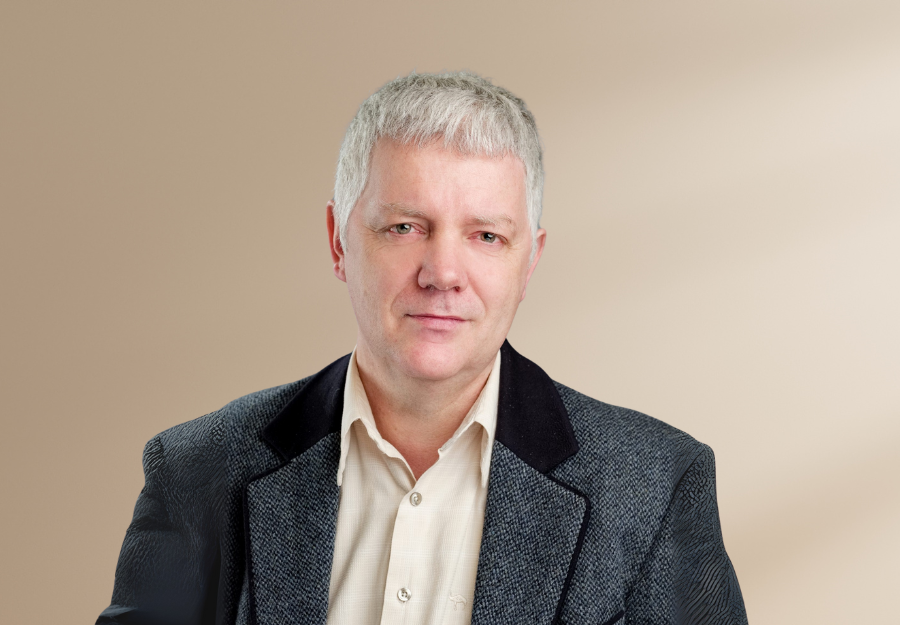People eat less meat to benefit their own health, not the animals or planet
People are more likely to adopt a meat-free day for health reasons than environmental or animal welfare concerns, finds new research from Corvinus University of Budapest.

Reducing meat consumption is necessary for mitigating climate change and improving public health. Professor Imre Fertő and colleagues conducted surveys asking participants if they would adopt a meat-free day per week for environmental, health, or animal welfare reasons.
Value orientations were also assessed; individuals with stronger social values tend to consider the impact of their actions on the wider community, while those with stronger personal values make decisions based on individual preferences, goals, and self-interest.
The researchers found that people are most motivated to adopt a meat-free day for health reasons. Environmental motivations were only important for those who have already reduced their meat consumption. Animal welfare concerns were least associated with willingness to change diet.
The study also highlighted the importance of values: individuals with stronger social values than personal values were more willing to adopt a meat-free day regardless of motivation.
“Similar patterns have been observed in other European contexts, where health benefits are perceived as more immediate and personally relevant, while ethical and environmental motives often remain abstract or secondary,” says Professor Fertő.
Policies that emphasise health benefits and foster social activity could be more effective than information-based interventions alone in promoting sustainable diets. This might include integrating sustainability and prosocial themes into school curricula, supporting community-based food initiatives, and promoting collective experiences such as shared cooking or local food events.
These findings were first published in the journal Sustainable Futures.
/ENDS
For more information, a copy of the research paper, or to speak with Professor Imre Fertő, please contact Kyle Grizzell from BlueSky Education on +44 (0) 1582 790709 or kyle@bluesky-pr.com